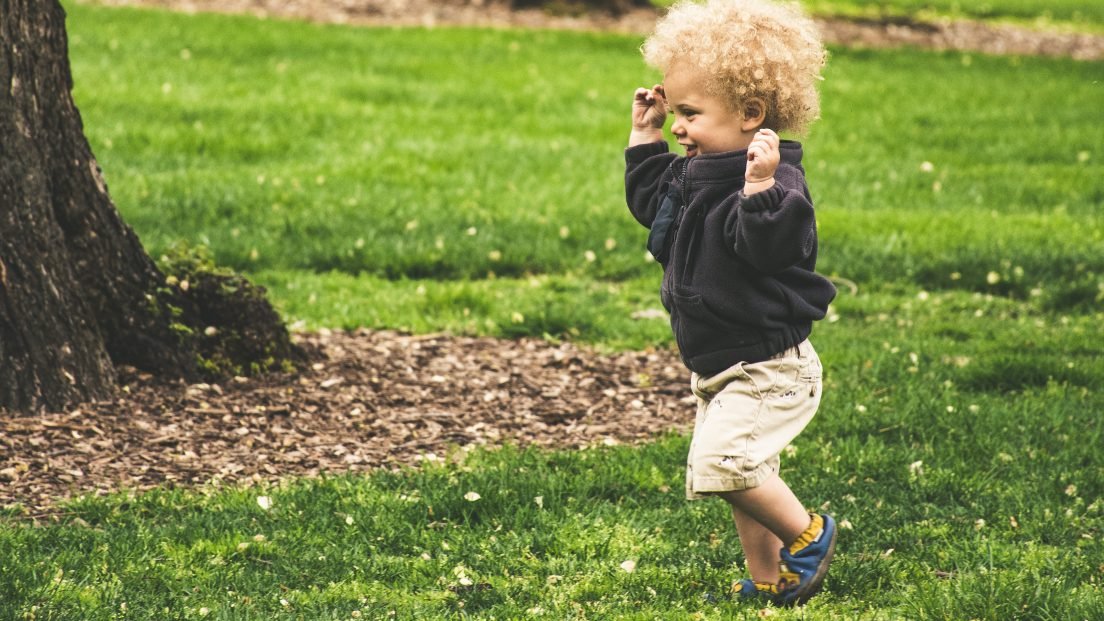What Every Dad Should Know Blog
Teachings Ben Swett, Founder and Executive Director of Early Engagement
Magda Gerber and the Roots of Respect-Based Parenting
In 1978, Magda Gerber laid the foundation for Resources for Infant Educarers (RIE). She demonstrates RIE’s principles in the context of play in her film, With care and respect: On their own with our help. In the decades since, research has affirmed the positive impact respect-based parenting practices have on a child’s development across mental health, confidence, professional success, and resilience.
What parents can learn from the Stoics
Stoicism, Buddhism, Reflective Practice, Quakerism, and Mindfulness, all center around the same thing - the "best self" described by parenting author Becky Bailey.
The Stoics were practical and direct, and, to me at least, their approach is particularly helpful ... What worked for Roman emperors is handy when dealing with car seats, feeding and public tantrums, as well as the bigger questions of "what do I do," or understanding one’s role in the world.
Your Goal Here – What do you want for your child?
The Strong Start™ system is built on the idea of “Envirocasting”:
1) being conscious of how your words and actions are choices that create your child’s environment, and
2) managing yourself to develop habits of interaction that will support your child’s social, emotional and cognitive development, giving them independence, resilience, confidence, and the ability to know themselves and work well in relation to others.
Everything you need to know about ‘doing’ RIE – or at least an Introduction.
I love RIE. I love RIE because it provided me with a framework for caregiving. In our isolated society where we don’t regularly have family or family-like people around us to model a parenting structure, its nice to have a guide. But more importantly, I love the philosophy behind RIE. It taught me to think in a different, more “respect-conscious” way about my relationships and interactions with all people, not just my child.
“Are You Okay?” is not okay – What to do When Children Fall.
“Of course, they fall – but they don’t expect an adult to run and rescue them. Learning to fall, getting up again, and moving on –is the best preparation for life.” - Magda Gerber
Start by Stopping – the One Simple Stoic Parenting Habit that will change everything
Start by stopping.
When we see trouble from our near our child, our first response comes with an automatic exhale: “No!” or “Stop” or “What are you doing?” We respond right away, by … responding.
Instead, always inhale first. There is no problem with your child that pausing a few seconds won’t help you do better with. So … Stop Yourself!
Information, Not Direction: The Most Powerful Rule for Talking with Your Child
Your child makes her own choices. Sometimes you frame them, but they are her choices. The sooner she starts making her own (age appropriate) choices, the better. Within the boundaries, you want to let them lead – let them make their own choices, and learn from the outcomes … just like in “real life!”
Setting The Stage – a Quick Note on “Your Role”
We’ve all seen it. Mom says: “Look how he’s throwing my baby around – does he really not get that her physical safety is important?” … and Dad says “Lighten up. We’re just playing – she’s learning how to have a good time.”
As is so often the case in couple conflicts, both sides are “right:” Both roles are needed, and helpful.
Why you should avoid putting your baby into a position they can’t get into by themselves
Often, you can see discomfort in both the body language and faces of children who don’t have free control of their own bodies. Once you begin to think about what the child is thinking, you will begin to see everywhere. The photo above isn’t as awful as it can be, but one must always ask: “What is that like for the kid?”
An overview: Emmi Pikler, Magda Gerber and the basic principles of the RIE approach
Keep in mind – we don’t “teach” babies and toddlers anything – they learn from their environment. Caregiver behavior and communication are the main creator and framing agent of the child’s environment. RIE.org is a small organization with a huge influence: what were once fringe theories have been proven out by neuroscience are now widely recommended.
What’s Wrong with Habits and Instinct?
You could say “parenting instincts are in our DNA” and it’s true – our instincts towards small children evolved over hundreds of thousands of years of living communally in hunter-gatherer tribes. While the world has changed rapidly, our evolved instincts have not.
Why and How Males “Father” – An Evolutionary Anthropologist Examines Father Engagement
Anna Machin’s look at “Human Fatherhood” starts from two simple observations: we are among the only 5% of mammals that have “investing fathers;” and the physiological changes that happen to men when they become fathers would not have been favored by evolution unless father investment was vital to our survival.
Your Child’s Free Space, or “What’s with that cage in the living room?”
It all begins with an idea.
















